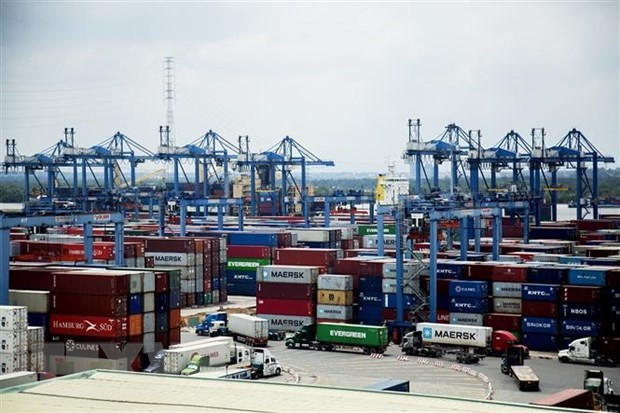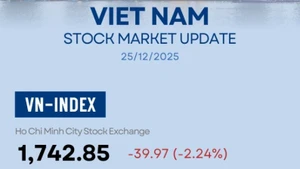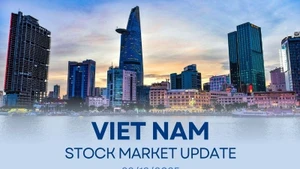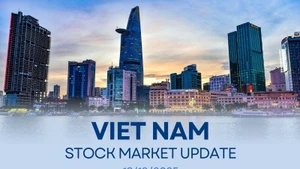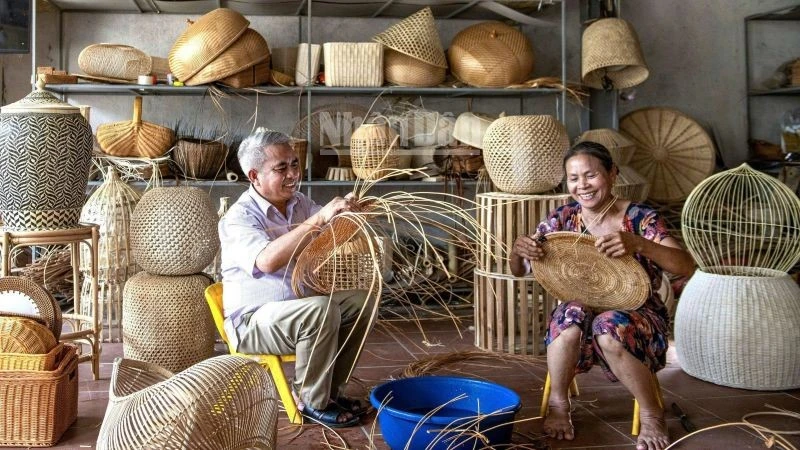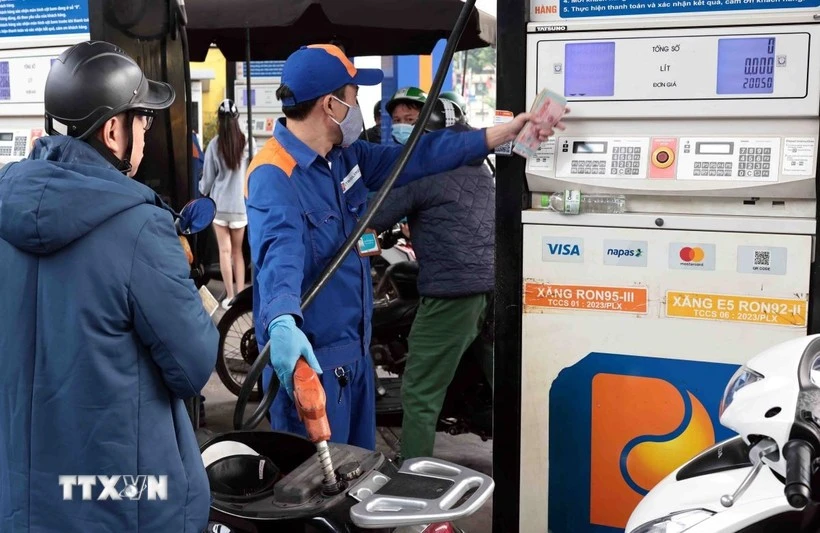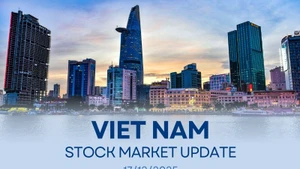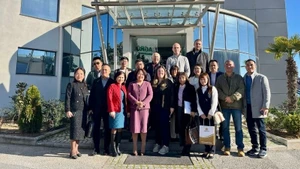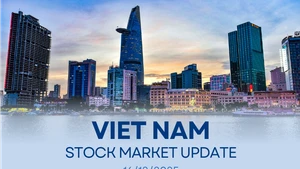The article described Vietnam as a strong emerging country with a population of 100 million, and one of the fastest-growing digital economies in the region, with an annual growth of 38%. The country is also likely to become the second-largest digital economy in Southeast Asia by 2025.
Commenting on bilateral ties, the author highlighted the long-standing relationship between Russia and Vietnam. In 1950, the Soviet Union was one of the first countries to establish diplomatic ties with Vietnam, assisting Vietnam in its national liberation and development. After a period of stagnation due to fluctuations in Russia, cooperation between Vietnam and Russia resumed at the State level following the Vietnam visit by Russian President Vladimir Putin in 2011. One year later, the two countries upgraded their relationship to a comprehensive strategic partnership.
Currently, Vietnam maintains such a high-level relationship with only four countries, namely China, Russia, India and the Republic of Korea.
In international relations, Vietnam follows the policy of balance between major countries based on respect for national interests, and has been quite successful in becoming a new geopolitical hotspot in the region. This is evident in the operation of the world's largest factories gradually taking place on Vietnamese territory, it said.
The article concluded that it is strategically important for Russia to maintain Vietnam’s role as a gateway to Asia, in order to enhance cooperation in trade and other key sectors between the two countries.
